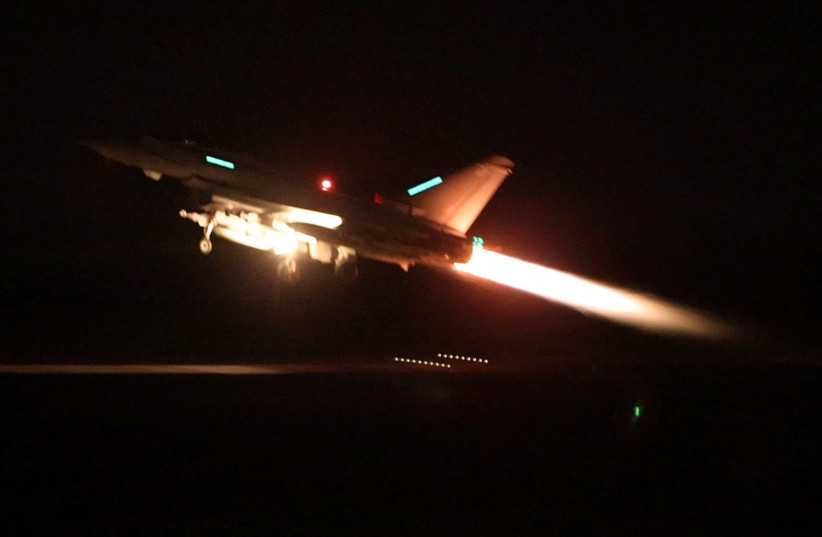Saudi Arabia's foreign minister said the kingdom was "very worried" that tensions in the Red Sea amid attacks by Yemen's Houthis and US strikes on Houthi targets could spiral out of control and escalate the conflict in the region.
"I mean, of course, we are very worried. I mean, you know, we are in a very difficult and dangerous time in the region, and that's why we are calling for de-escalation," Prince Faisal bin Farhan told CNN 'Fareed Zakaria GPS' in an interview that will be aired on Sunday.
Attacks by the Iran-aligned Houthi militia on ships in and around the Red Sea for the past several weeks have slowed trade between Asia and Europe and alarmed major powers in an escalation of the war in Gaza.
The dangers of increased tensions
The Saudi foreign minister said the kingdom believed in freedom of navigation and wanted tensions in the region to be de-escalated.
"We of course, believe very much in the freedom of navigation. And that's something that needs to be protected. But we also need to protect the security and stability of the region. So we are very focused on de-escalating the situation as much as possible," he told CNN.

The Houthis, who control most of Yemen, say their attacks are in solidarity with Palestinians under attack from Israel in Gaza.
Since last week, the United States has been launching strikes on Houthi targets in Yemen, and this week returned the militia to a list of "terrorist" groups. President Joe Biden said on Thursday that air strikes would continue even as he acknowledged they may not be halting the Houthi attacks.
The confrontation risks an expansion of the conflict beyond Hamas-governed Gaza, where the Hamas health ministry alleged over 24,000 people - or more than 1% of Gaza's 2.3 million population - have been killed in Israel's assault.
Israel launched its offensive following Oct. 7 attacks by the Palestinian terrorist group, which killed more than 1,200 people.
